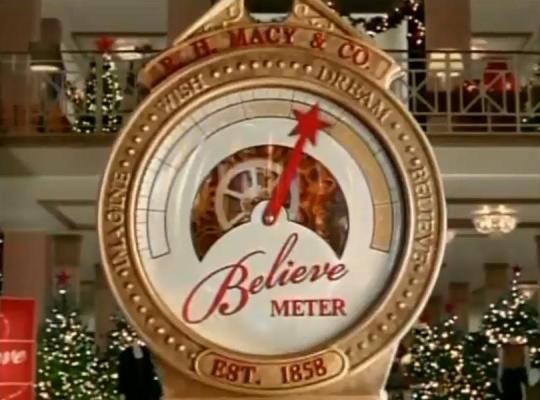Ashton Kutcher, actor and occasional Disrupt participant, has something to say about journalism. Yesterday he Tweeted, apropos of Uber:
This created a hand-wringing media storm that caused journalists to chuckle and shrug. He was schooled in multiple venues and eventually conceded today, writing:
He then compounded the commentary with a post on his blog. He wrote:
In a sense, Kutcher is right: why can’t journalists be investigated? While there are some examples of valid investigation – doctors who scam Medicare and lawyers who bribe juries – most of the takedowns these days are wrapped in schoolmarm-ish piety and an eye to make a buck. We take down politicians and captains of industry for indiscretions that should remain private. We bring actors and singers low by showing them naked, physically and emotionally, against their will. And it sucks when the organizations that attempt these take-downs fail to maintain perspective. I think this constant search for dirt has marred the profession indelibly and makes Kutcher think we’re leering slobs with little redeeming value.
I would also argue that Kutcher has a right to inveigh against journalists because of their track record of throwing mud at his every effort. He doesn’t deserve that. I’d hate it if someone took my picture with my belly hanging over my pants, in flagrante delicto with a Jimmy John’s sub and slapped a headline over it that said “Blogger Exhausted, Gives Up.” And such a photo could be taken every day of my life, something that I doubt can be said of Kutcher. So when they nab him it really hits home.
But what has happened to journalism that would make a rational man like Kutcher ask why we can’t trail writers like Sarah Lacy and Ben Smith who seem like they have a problem with a beloved service? Perhaps it’s the perception that online journalism is a cesspool of poorly researched garbage? And perhaps he’s right.
The problem today is that we have dropped the wall between content and news. When every other headline on Facebook is a poorly captioned slideshow, it’s easy to assume that all web journalism is the same. When everything our friends share is a situation-specific GIFstorm (“50 GIFs Only People With Freckles Will Get”) and VCs feel the impetus to burp up accusations and meandering diatribes on Twitter, real journalism is perceived as falling into the same trap of bloviation. When journalists of every stripe take the easy way out and write the PR line, it’s horrible.
But we journalists are not fundamentalists nor are we exclusionary. And we know that, in the end, humanity will outgrow (or route around) this garbage or we will all descend into an Idiocracy-like miasma where we will all – journalists and Ashton Kutcher alike – will ingest a constant slurry of Soylent while looking at That ’70s Show GIFs applicable to our gastrointestinal distress.
Here’s why journalists shouldn’t be tailed, Ashton: if they are doing their jobs correctly then they shouldn’t be considered public figures but tellers of truth. The Economist, for example, doesn’t carry bylines because it cleaves to an old writ that says that the organ, not the writer, is the focus. This does little for the journalist’s ego but it does help prevent some of the abuses we see today, including dedication to the pageview as a measure of worth and the rise of the celebrity commentator in every industry. Gawker, you’ll recall, started without bylines and I was one of the employees who railed against that. I was an idiot.
The news climate doesn’t help. There are also many public figures, actors really, who pose as newsgatherers and there are a number of click farms that pose as news organizations. I would also argue that the tech press is too easy on the industry it covers and so when it bares its teeth the anger seems out of character.
But there is a long journalistic tradition of bringing truth to power that remains intact. The mission of the journalist is to afflict the comfortable and comfort the afflicted. We at TechCrunch do this by bringing small companies to light and talking about the various successes of disruptive technologies. But that disruption – a word I hate but fits – is often married to trouble. An Uber exec’s naive, off-hand remark at a party might not constitute a plan of corporate action, but journalists are the bell-ringers who alarm the populace. They’d be out of a job if they rang the bell too often or for fraudulent reasons, and many have. It is important for us to understand the depths to which business will go to make a buck just as it’s important for us to understand the heights to which it will take us in the end.
Why don’t journalists deserve to be tailed and their children frightened? Because they serve as a check on a system that is frustrating and confusing and full of sound and fury. It’s a dirty job but someone has to do it.
